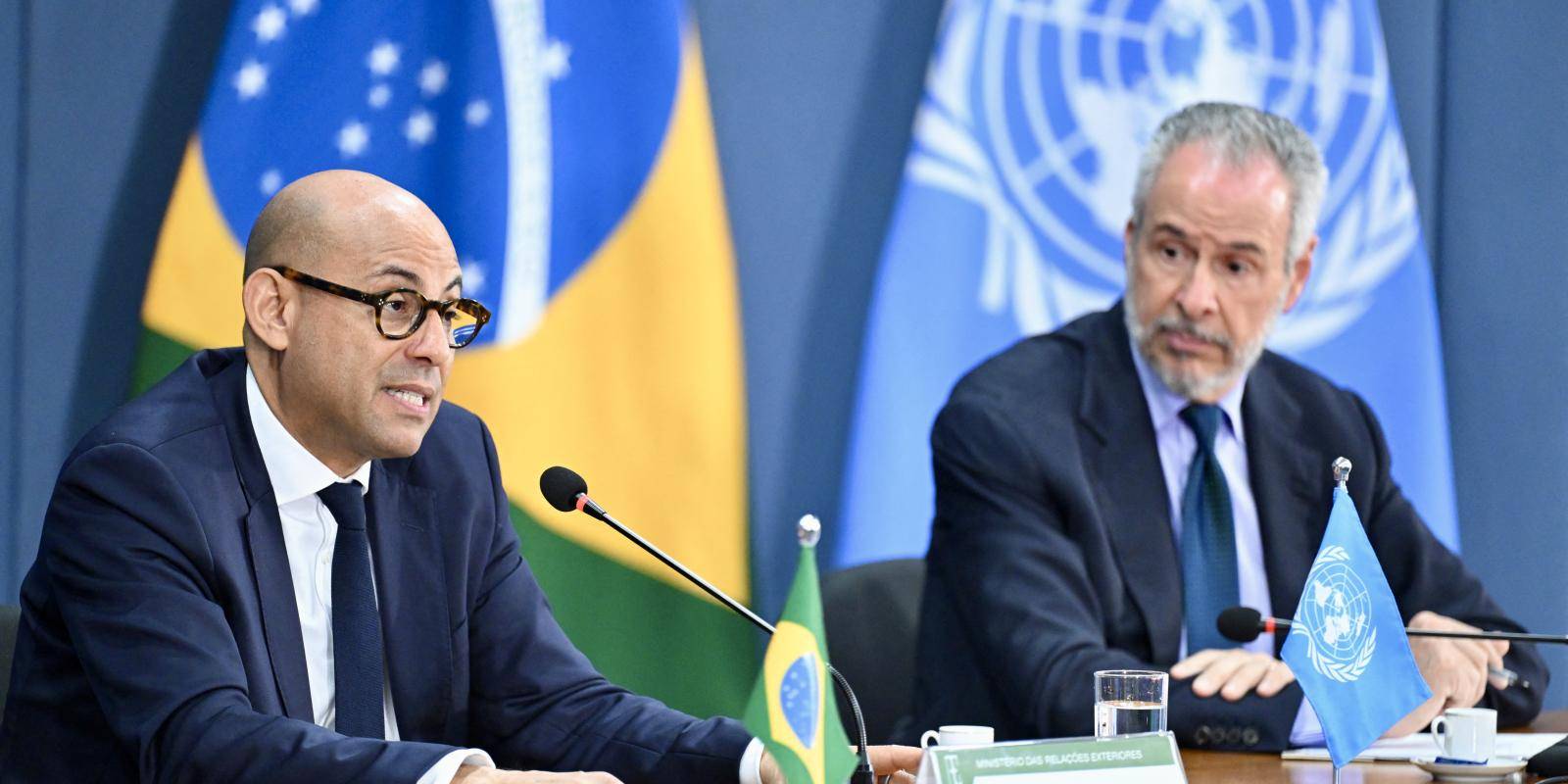The United Nations climate process is under renewed criticism, with some declaring it broken beyond repair. Critics such as Bjørn Lomborg dismiss annual COP summits as little more than a “circus” of empty pledges, while Alex Epstein argues that restricting fossil fuels in developing nations is “immoral.” Even respected insiders like Christiana Figueres and Mary Robinson warn that weak targets and unmet finance commitments threaten the credibility of the process.
Yet the paradox of global climate diplomacy is that it succeeds only when nations fear the cost of failure enough to act. That urgency was evident in the lead-up to the 2015 Paris Agreement, the landmark treaty signed by nearly 200 countries. Despite its flaws, the UN climate process remains the only foundation for coordinated action the world cannot afford to abandon.
Stubborn Realities Driving the UN Climate Process
Frustrations with the system are real. Negotiations are slow, accountability remains weak, and outcomes often reflect the lowest common denominator. But critics overlook three stubborn truths:
- Universality – No other platform matches the inclusiveness of the UN Framework Convention on Climate Change (UNFCCC). Even sceptical powers like the BRICS continue to recognize it as the only legitimate global forum.
- Institutional Depth – Dismantling the process would erase decades of hard-won mechanisms, rules, and diplomatic tools that make collective climate action possible.
- Complementary Progress – The UN framework does not hinder outside efforts. Initiatives such as the Global Methane Pledge and Just Energy Transition Partnerships thrive alongside it.
The UN climate process is far from perfect, but abandoning it would leave the world without its only truly universal framework for tackling climate change. The task ahead is not to discard it, but to reform it—moving beyond pledges toward meaningful delivery.



0 Comments